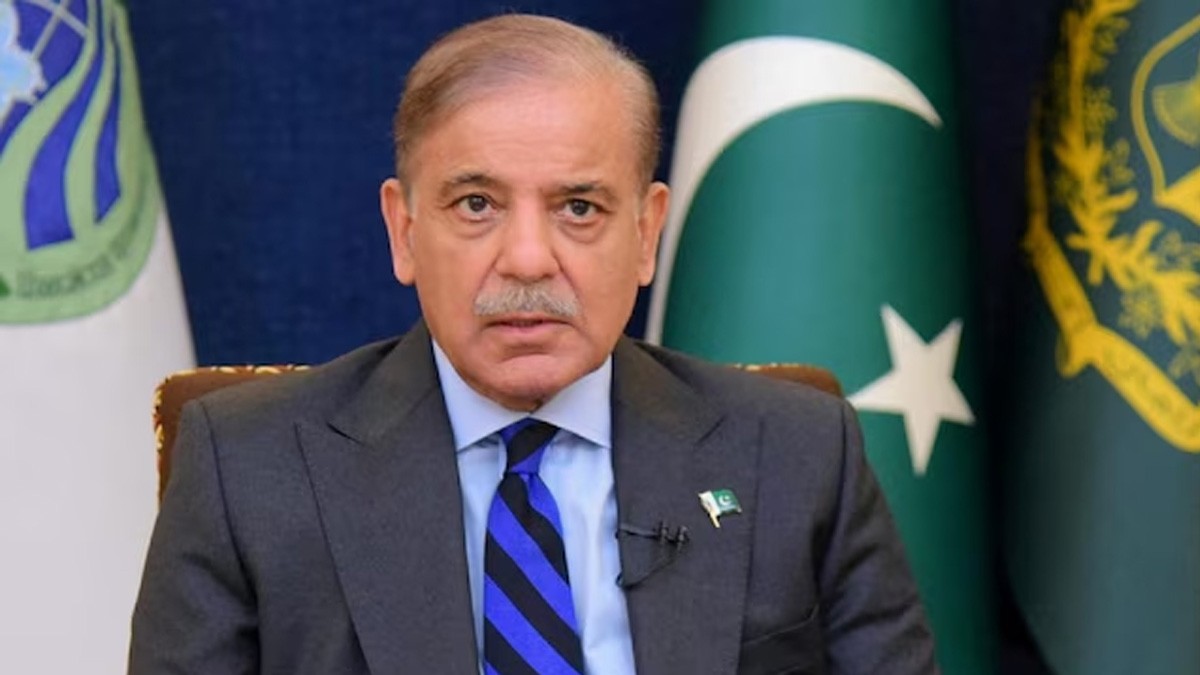
In a dramatic escalation of tensions, Pakistan has announced the suspension of all bilateral agreements and trade activities with India, alongside the closure of its airspace to Indian flights. This decision comes in response to India's recent measures following the Pahalgam terror attack, which claimed the lives of 26 civilians in Jammu and Kashmir. The attack, attributed to Pakistan-based militant groups, has led to a series of retaliatory actions by both nations.
The announcement was made after a meeting of Pakistan's National Security Committee (NSC), chaired by Prime Minister Shehbaz Sharif. The NSC declared that Pakistan would hold all bilateral agreements, including the Simla Agreement, in abeyance. Additionally, Pakistan has closed the Wagah border post and suspended all trade with India, including third-country routed trade. Indian nationals currently in Pakistan under the SAARC Visa Exemption Scheme have been asked to leave within 48 hours, with exceptions made for Sikh religious pilgrims.
Pakistan's airspace closure is a significant move, impacting Indian-owned and operated airlines. This action is seen as a direct response to India's suspension of the Indus Waters Treaty, a landmark water-sharing agreement between the two nations. Pakistan has termed India's decision to suspend the treaty as an "act of war" and has vowed to respond with full force across the spectrum of national power.
The NSC emphasized that water is a vital national interest for Pakistan and any attempt to divert the flow of water belonging to Pakistan under the treaty would be met with strong resistance. The committee also underscored Pakistan's preparedness to defend its sovereignty and territorial integrity against any misadventure.
India's measures, including the suspension of the Indus Waters Treaty, expulsion of Pakistani diplomats, and closure of the Attari-Wagah border, have been described by Pakistan as unilateral and politically motivated. The diplomatic fallout has led to a significant downgrading of relations between the two countries.
As the situation unfolds, the international community has expressed concern over the escalating tensions and urged both nations to engage in dialogue to prevent further deterioration of relations. The suspension of agreements and trade, coupled with the closure of airspace, marks a critical juncture in the India-Pakistan conflict, with far-reaching implications for regional stability and security.
